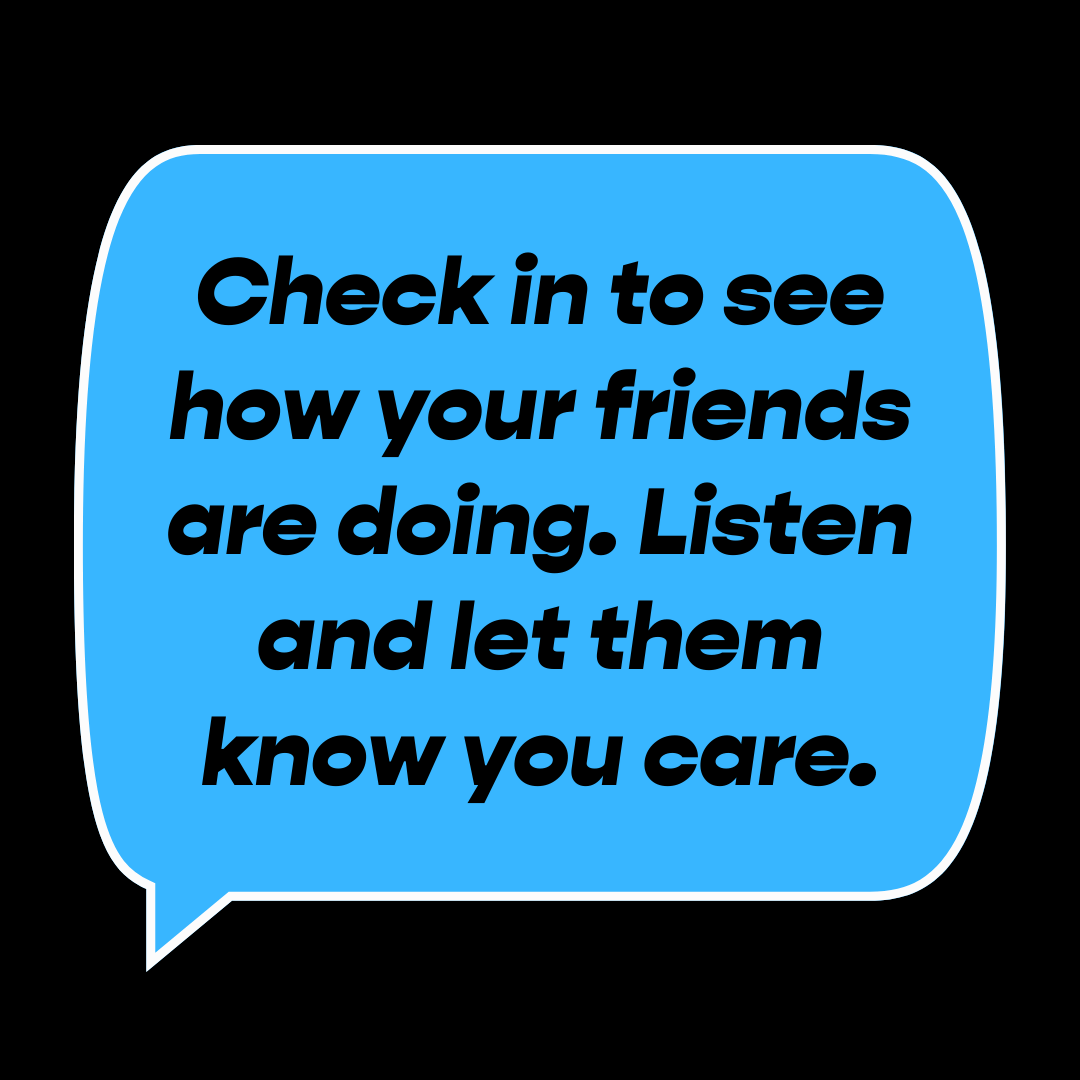Mental Health
We take time for ourselves everyday. We look out for and advocate for others.
Why is it important to take care of my mental health?
Your mental health affects the rest of your health. Taking care of your mental health builds your resilience and helps you recover from whatever life throws at you.
What can I do to take care of myself and other Bearcats?
Check in with yourself and those around you. Utilize the resources around you and reach out when you think you need help – don’t wait until it’s already bad enough to impact your day to day life. This goes for your friends and fellow Bearcats too. If you see someone acting strangely for them, changing their behaviors or demeanor abrubtly, ask them how they are doing. Offering support to others can show you care about them and provide comfort to someone who is feeling lonely and isolated.

A supportive network of friends to check in on you can make a big difference! Check in with your friends, roommates, and classmates. Ask how they are doing and what support they may need. Listen to what they have to share.

Mental health includes our emotional, psychological, and social well-being. It affects how we think, feel, and act, and helps determine how we handle stress and relate to others. Your mental wellness is a continuum that can shift over time. However, what remains unchanged is the need to spend time for yourself everyday. As a student, make sure you are making time for non-academic activities, including hanging out with friends, resting, exercising, and more.

UC's Counseling & Psychological Services (CAPS) provides a variety of counseling services to help you, including one-to-one counseling, peer-led counseling, and self-help resources. CAPS is here to support you!

If you're worried about someone's mental health, you can submit a CARE Report and UC's CARE Team will coordinate a plan to reach out and support them. In an emergency, call 911.
Some signs that someone may need help include:
- Excessive worrying or fear
- Feeling excessively sad or low
- Extreme mood changes
- Prolonged or strong feelings of irritability or danger
- Avoiding friends and social activities
- Difficulties understanding or relating to other people
- Changes in sleeping habits or feeling tired and having low energy
- Changes in eating habits, such as increased hunger or lack of appetite
- Abuse of substances like alcohol or drugs